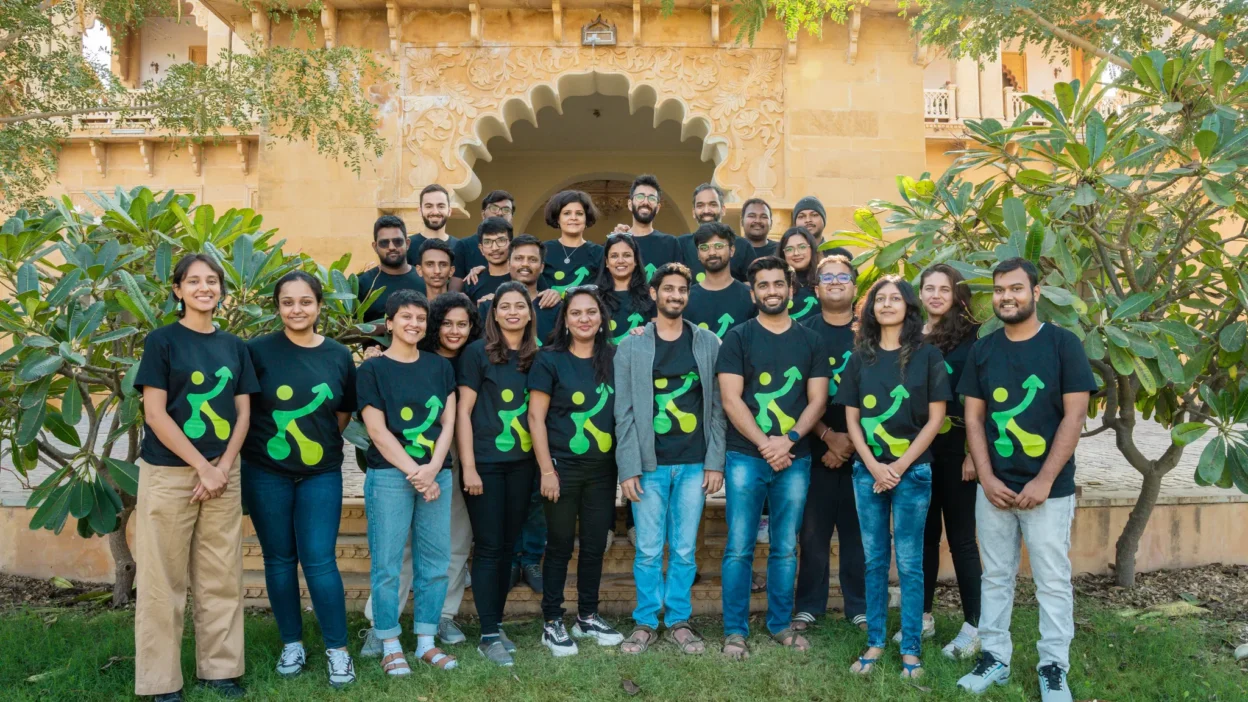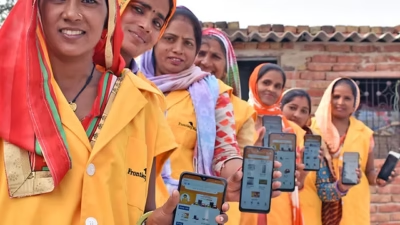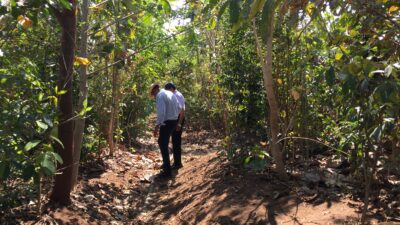After completing his studies at Stanford, Manu Chopra came back to India only to be struck by the stark disconnect between the rapid advancements in AI and the everyday challenges faced by rural communities. Born and raised in Delhi’s impoverished Shakur Basti neighbourhood, Chopra (now 27) says a scholarship to an elite school changed his trajectory – but also exposed him to a “make-a-billion-dollars” mindset he rejected. In 2021, he teamed up with colleague Vivek Seshadri (from Microsoft Research India) and civil-society leader Safiya Husain to found Karya, a nonprofit AI startup. Their mission: “to lay down an ethical foundation for an AI-enabled future” by channelling AI’s value into low-income communities.
Chopra explains the idea bluntly: “The wages that exist right now are a failure of the market,” so Karya bypasses the usual outsourcing model by selling data while giving profits back to workers. The startup’s solution targets two problems at once: most AI models are trained on English data, leaving India’s ~700 dialects and the rural poor behind. Workers open the Karya mobile app (designed for low-literacy, offline use) to perform microtasks – recording speech, transcribing text or annotating images in local languages like Kannada, Odiya or Marathi. Karya then packages this data for global tech companies. Unlike other data firms, Karya pays a generous $5 per hour (roughly 20× India’s legal minimum wage) and even ensures workers share in any resale profits. While AI is expected to drive immense economic gains, Chopra emphasises the core question: how can we ensure that a meaningful share of this wealth directly benefits those who need it the most?
Since launch, Karya’s impact has scaled rapidly. By late 2024, over 32,000 rural Indians (60% women) had used the app across 25+ states, completing 35 million+ AI training tasks and earning roughly ₹4.5 crore in wages. (According to TIME, Karya has now disbursed about ₹6.5 crore – nearly $800K – to 30,000 workers.) Those earnings have made a real difference. In a Karnataka village, 22-year-old tailor Preethi earned Rs. 4,500 in just three days, reading Kannada sentences – four times her typical monthly income – by working on Karya. In Odisha’s Raghurajpur craft village, artisan Swarnalata Nayak explains how Karya changed her life:
“It was a friend who introduced me to the Karya project. The work is quite simple: all I have to do is speak in Odiya on my phone, it gets recorded, and then I get paid!”.
Swarnalata says she earned about Rs. 4,000 in a week – money she immediately used for her children’s school fees. These examples underscore how technology jobs can be dignified and accessible: no heavy lifting, just a smartphone and a mother tongue.
Key Impact Metrics: – 30,000+ rural workers engaged, earning ~₹6.5 crore – 32,000+ people (60% women) reached across 25+ states – 35+ million AI tasks completed – Partnerships with Microsoft, Google and Gates Foundation – Grants: $1M from Google.org, ₹4 Cr from ACT – Goal: lift 100 million Indians out of poverty by 2030.
Karya’s rapid growth has drawn support from big tech and philanthropy. Microsoft has tapped Karya to source Indian-language speech data, and Google is working with Karya to build AI models for dozens of Indian dialects. The Bill & Melinda Gates Foundation is funding bias-mitigation projects using Karya data. In late 2024, Google.org awarded Karya a $1 million grant to improve its local AI models and develop a multilingual chatbot for rural users. In January 202,4, the ACT (Aspirations, Capabilities, Technology) philanthropy network granted ₹4 crore, specifically to scale Karya’s “ethical data collection” and pull millions out of poverty. Chopra says ACT’s backing will “dramatically accelerate our work and create even more meaningful impact” by helping Karya meet growing demand.
Chopra’s journey – from food-bank student to AI entrepreneur – underpins this bold vision. He often notes that just $1,500 in savings can elevate an Indian worker into the middle class, whereas without such help, it could take centuries. “I genuinely feel this [model] is the quickest way to move millions of people out of poverty if done right,” he told TIME. With over 10,000 hours of curated speech and text data already delivered to clients like Microsoft and plans to reach 100 million people by 2030, Karya is proving that a tech startup can also be a powerful social enterprise. By empowering vernacular speakers as the builders of AI, it’s creating a ripple effect – one low-income voice at a time.





